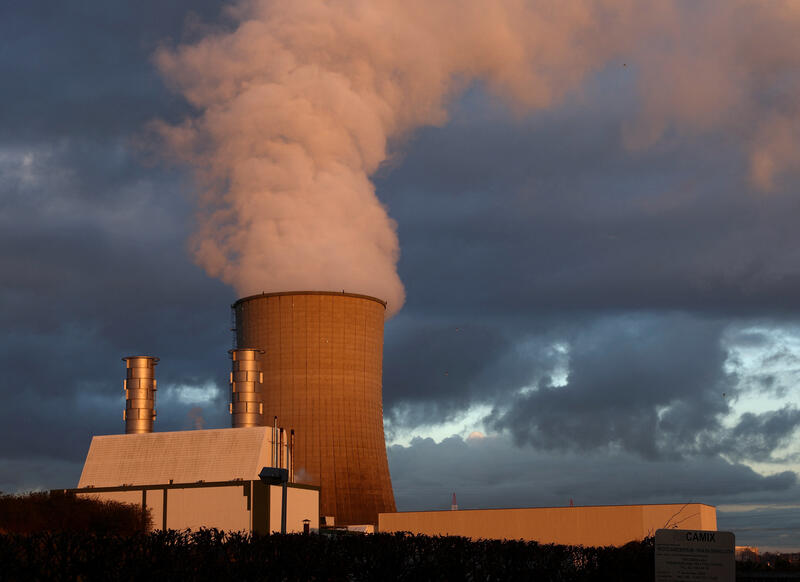Now Reading: Civil society groups push back on fossil gas funding as AfDB welcomes new president
-
01
Civil society groups push back on fossil gas funding as AfDB welcomes new president
Civil society groups push back on fossil gas funding as AfDB welcomes new president

During the Annual Meetings of the African Development Bank (AfDB) in Ivory Coast this week, civil society activists have urged the bank to halt funding for fossil gas. However, a senior official informed Climate Home that the bank will continue funding fossil fuel to back up renewable electricity sources that are intermittent.
Critics at the Abidjan meetings questioned the bank’s decision not to exclude gas investments from its energy sector policy and called for gas projects to be left out of Mission 300. This initiative, a collaboration between AfDB and the World Bank, aims to provide electricity to 300 million Africans by 2030.
Campaigners emphasized the need for Africa to transition to renewables rather than deepen reliance on gas. They called for a total ban on fossil fuel financing by AfDB, including gas, following the appointment of Mauritania’s Ould Sidi Tah as the next bank president.
Wale Shonibare, AfDB’s director for energy financial solutions, policy, and regulations, defended the bank’s gas funding, citing its role as a transition fuel in providing baseload support for solar and wind power. He stressed the necessity of balancing renewable energy with grid capacity in countries like Chad.
While AfDB has pledged to cease financing coal, Shonibare clarified that funding fossil fuels is justified when it is the most cost-effective solution for countries. The bank aims to support African countries in transitioning from fossil fuels to renewables gradually.
Critics argue that AfDB’s promotion of fossil gas ignores the continent’s potential for local consumption and risks hindering climate goals. They call for the exclusion of gas from Mission 300 and a phasing out of fossil fuel investments to drive Africa towards a renewable energy future.
Ould Tah’s vision for Africa’s energy future diverges from continued gas support, advocating for leveraging all available energy resources for economic growth. Despite challenges in securing increased funding, AfDB is exploring innovative approaches like carbon markets to finance climate action and energy security.






